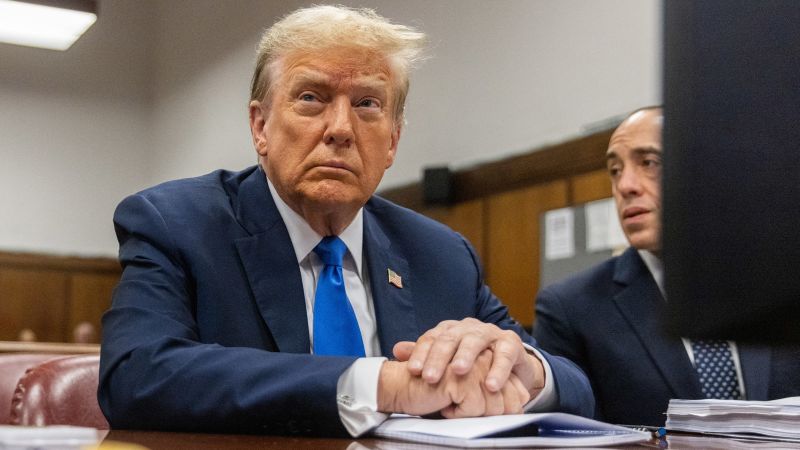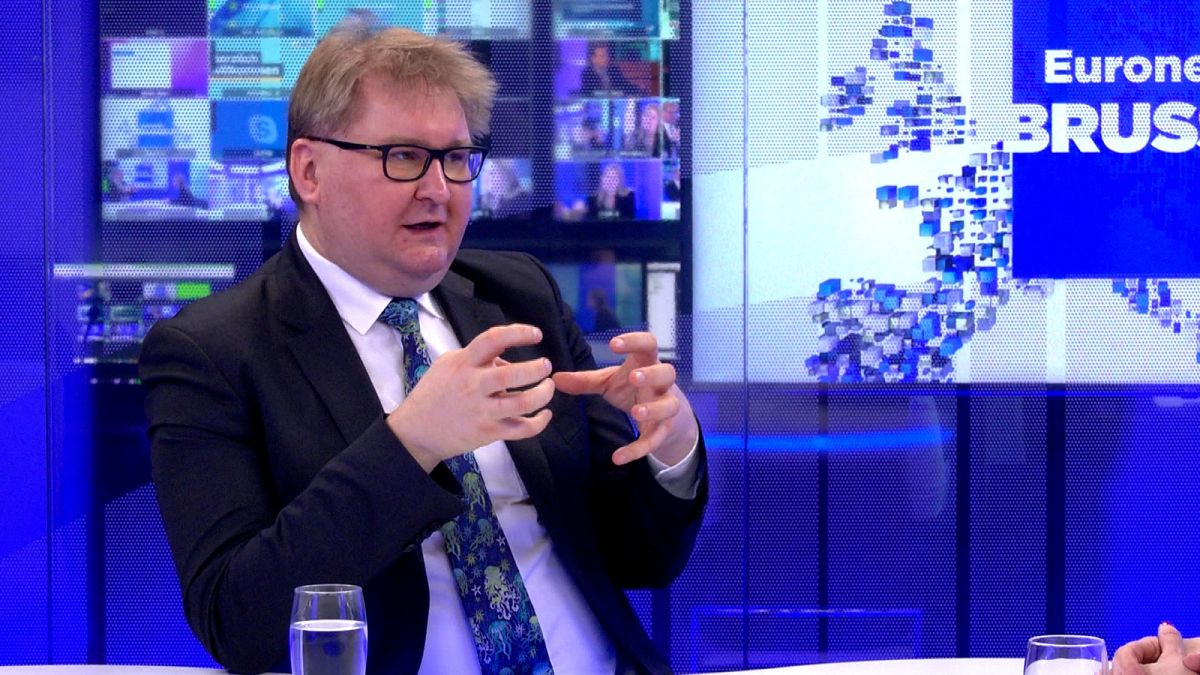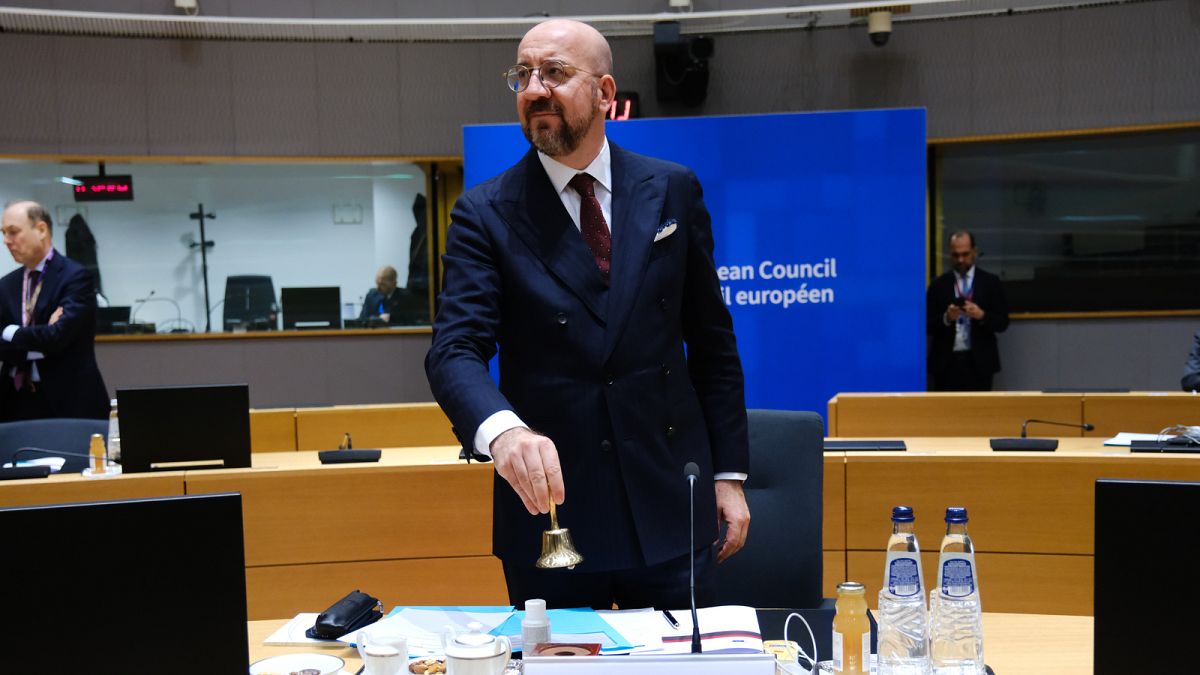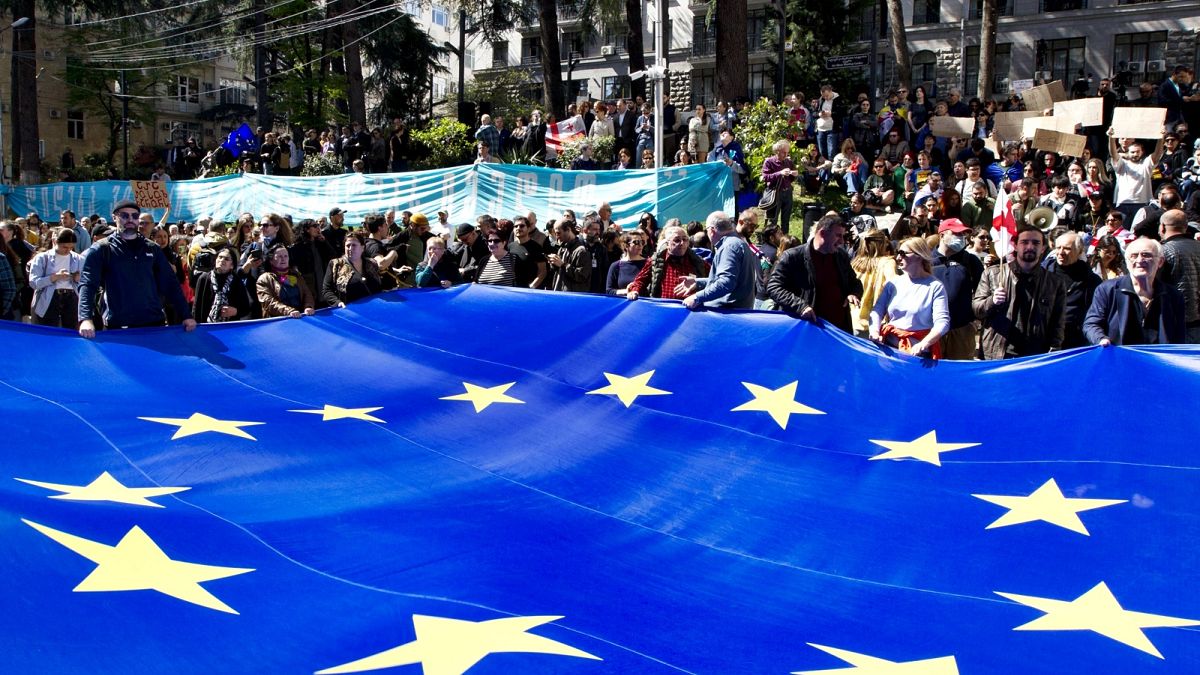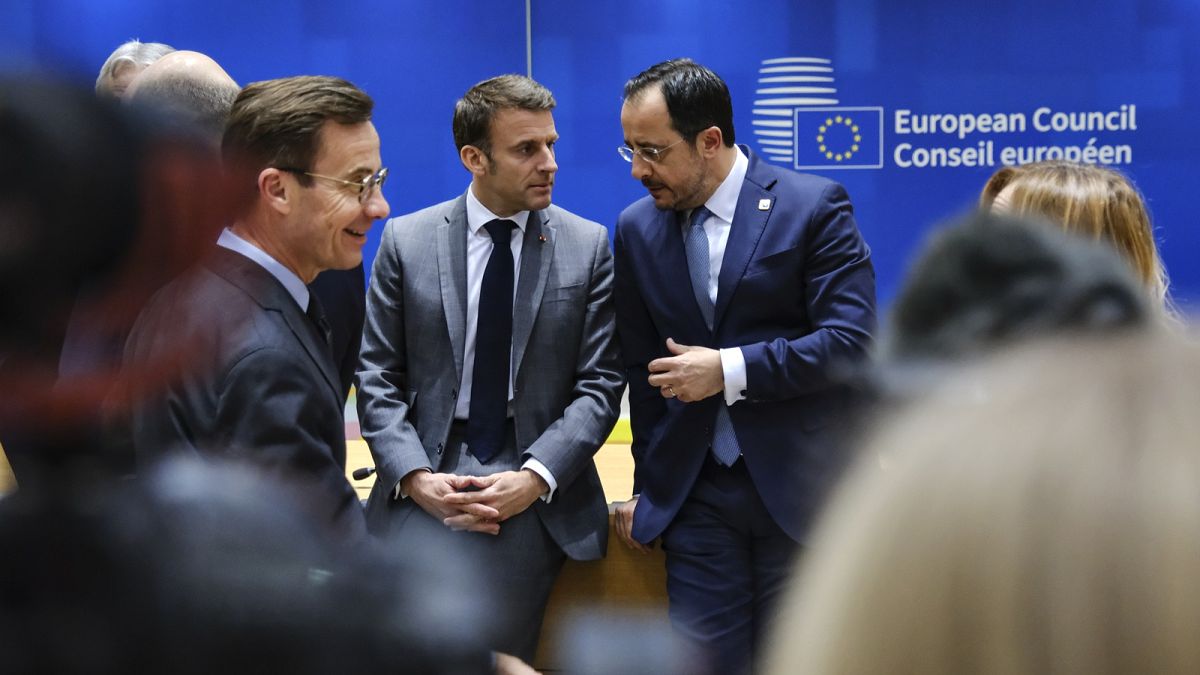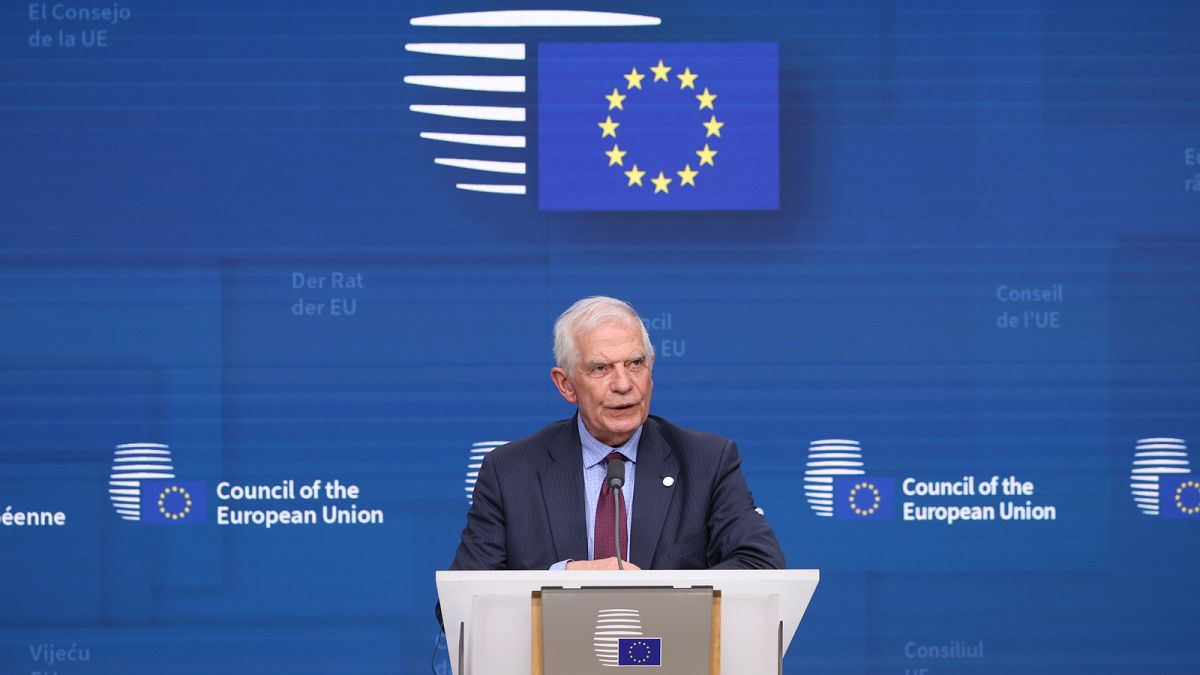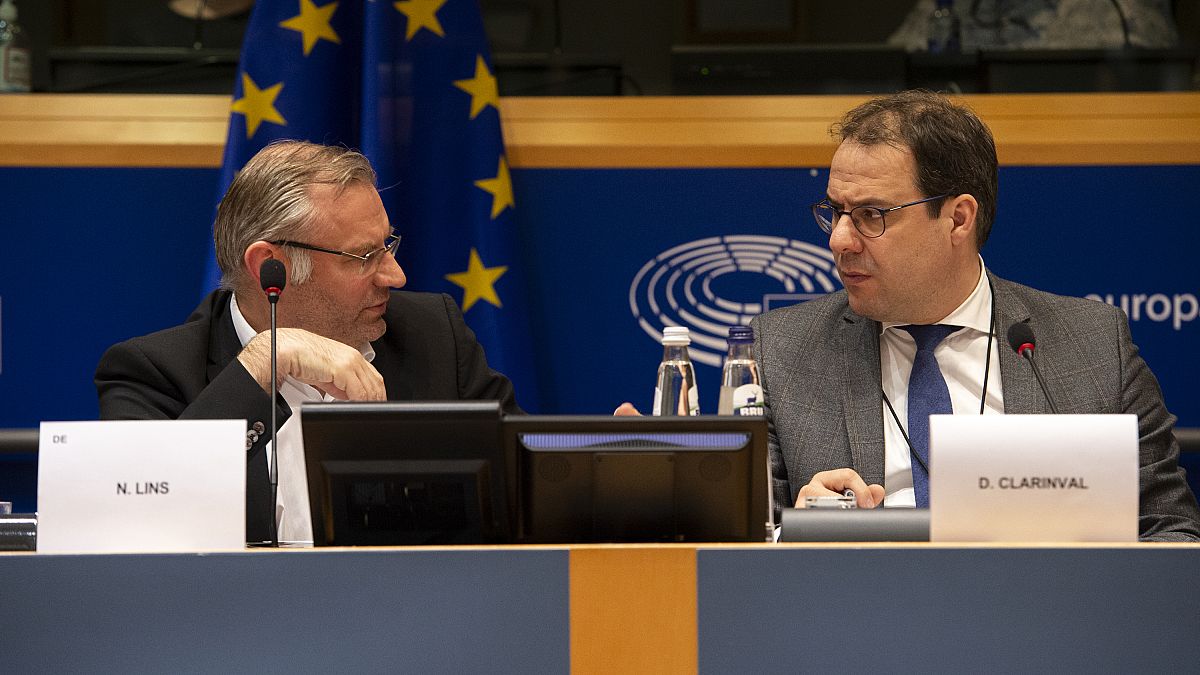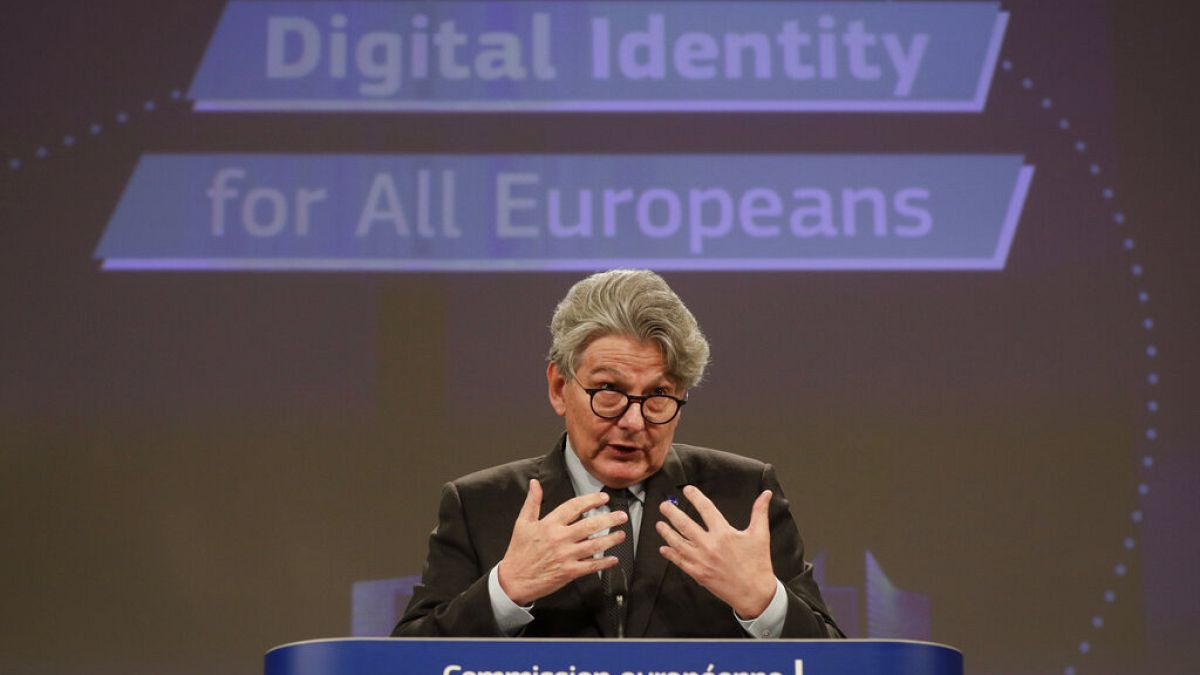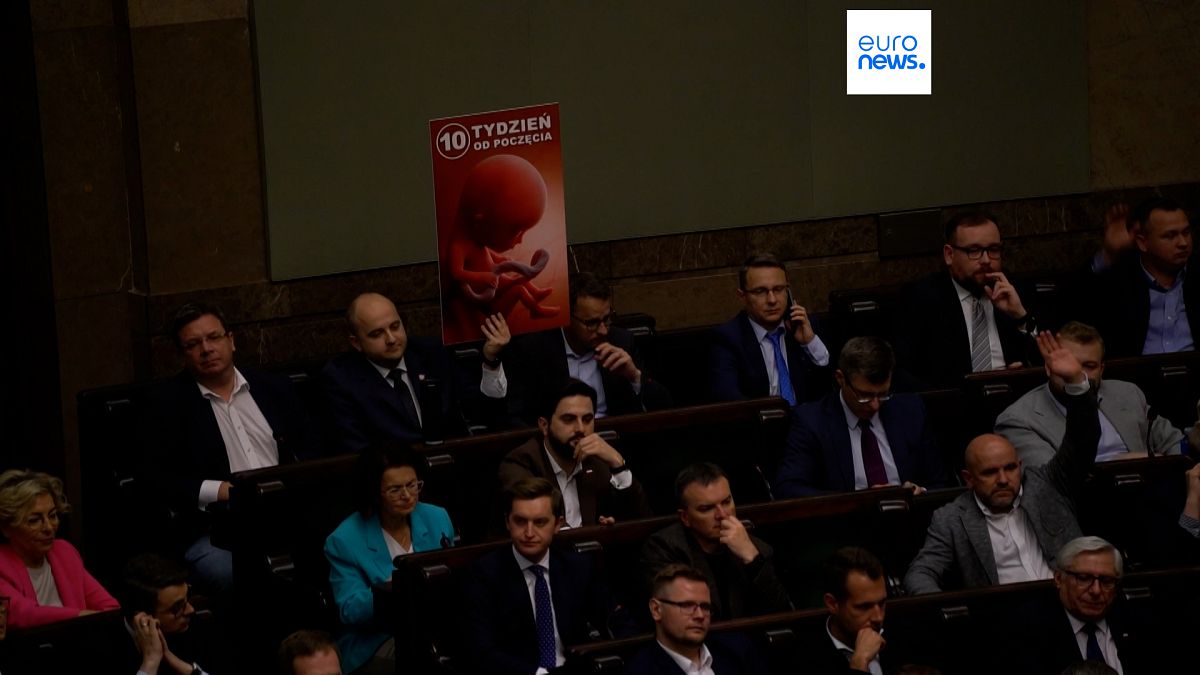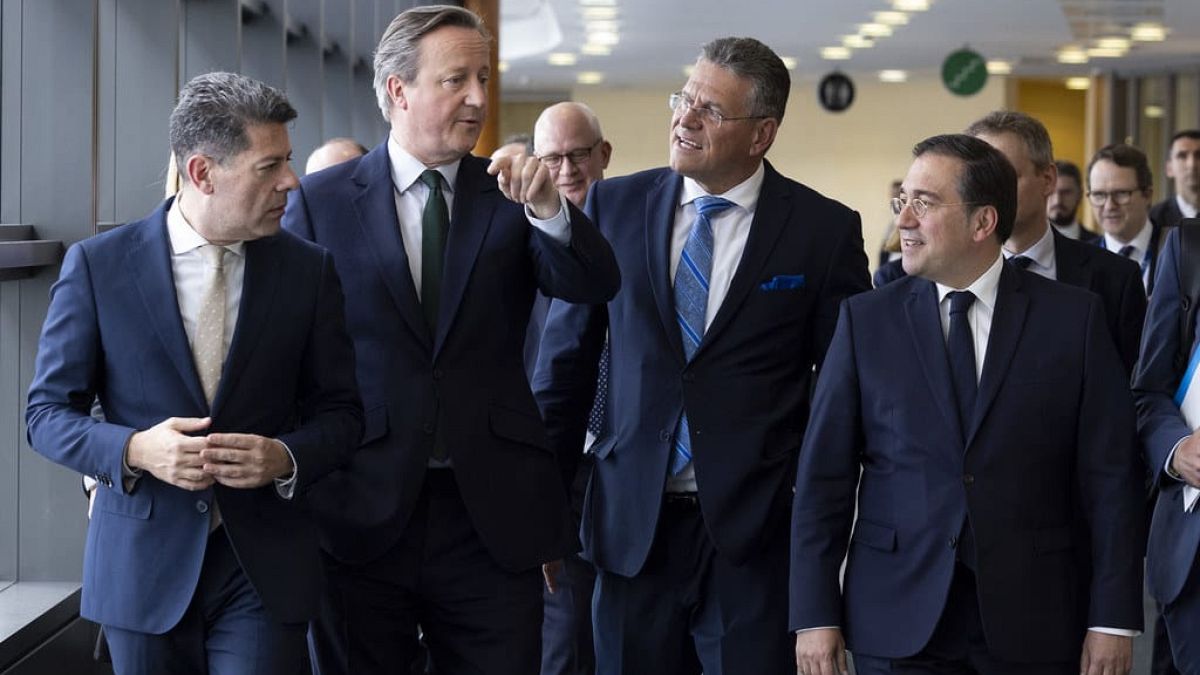Ukraine’s trade representative says Polish farmers’ grievances must be addressed on a rational, product-by-product basis to avoid unfair prejudice against the war-torn nation.
Speaking in an interview with Euronews on Monday, Taras Kachka – who also serves as Kyiv’s deputy economy minister – said his government is in “very constructive dialogue” with Warsaw to tackle the dispute over imports of grain, but warned against making Ukraine a scapegoat for broader problems in the agricultural sector.
Kachka also said that as the European Union enters an emotionally charged period of widespread protests, it must uphold its rational approach to solving problems without giving into “emotion” and political pressure.
“What is important for us is to separate the issue of the border,” Kachka explained, adding that Polish farmers’ blockade of crossing points into Ukraine could prevent the import of critical supplies, including medicine and fuel.
“That’s why we want the border to be unblocked, and that’s why we are saying that we are absolutely serious about the demands of Polish farmers. We want to have a dialogue on every particular demand for every particular product. To analyse it and to tackle, if necessary, with some controlling measures,” he added.
“But we need the border to be unblocked because it’s just a matter of survival of Ukraine,” he said, adding that Poland is “more than just strategic partner” but a “partner for Ukraine’s survival.”
The long-standing dispute over Ukrainian agri-food imports, which Polish farmers say flood their markets and depress their prices, has intensified in recent weeks with protests across Polish towns and regions.
EU attempts to mediate – with a temporary deal allowing Ukrainian cereals to transit through neighbouring countries without staying in those markets – have been scuppered by Poland, Hungary and Slovakia’s unilateral bans on some Ukrainian agrifood imports.
The brewing discontent among farmers in Europe’s east has also raised fears that EU solidarity with Ukraine could be undermined at a time when Kyiv is heavily reliant on its Western supporters.
Problem needs to be “rationalised”
Kachka said that the complaints of the agricultural sector need to be rationalised according to the reality of trade flows.
Exports from Ukraine to Poland totalled $1.6 billion (€1.5 billion) in the first quarter of 2023, he explained, whilst imports from Poland to Ukraine amounted to $106 billion (€97 billion), ten times more.
He claimed farmers sometimes focus on Ukrainian products that are not necessarily harming their markets, such as poultry, of which Ukraine is a net importer.
“We export (to) Poland only 4,000 tonnes (of poultry) and we purchase from Poland, 40,000 tonnes of poultry, so we are a net importer of poultry from Poland,” he explained. “But this paradox is in the statistics, but not in the minds of farmers who believe that Ukraine is a source of problems for Polish agriculture.”
He also pointed out that EU imports of cereals from Russia and Belarus – particularly wheat – have surged since 2022. Recent Eurostat data suggests Poland imported some 12,700 tonnes of Russian grain in 2023, up from 6,100 tonnes in 2022.
“Polish farmers are competing with Russian wheat on the markets of other member states of the European Union, and this is the core problem,” Kachka said.
“The Polish government shares our view that Russian agricultural imports should be banned. So if it’s problematic from a sanctions point of view, it should be done by trade measure,” he explained.
Kachka also called on the European Union not to abandon reason as it comes under immense pressure from farmers.
“We have a new political era in the EU with a lot of protests, with a lot of emotions. And this is something new that we need to learn how to tackle, both within the EU and for Ukraine, because it will impact our accession process.”
EU member states greenlighted the opening of accession talks with Ukraine and neighbouring Moldova last December, in an act of defiance against Russia’s aggression in Europe’s eastern flank.
“If this problem is tackled in classical EU way of analysis, figures, boring decisions, images, it can be tackled easily,” he said, adding that he had faith in the EU institutions as an honest broker where there are “contradictory interests.”
He called for the same reason-based approach in the EU’s approach to the Green Deal, the bloc’s landmark package of laws aimed at curbing climate change and global rising temperatures. It has been the target of farmers’ ire in recent protests with fears the next EU executive following June’s European elections could row back on green commitments.
“Agriculture should be a part of the climate agenda. There should be some adjustments, and instead of backtracking as it is demanded by farmers (…) the interests of farmers can be balanced,” he explained, adding that Ukraine’s agriculture sector is well prepared to adapt to the EU’s climate agenda.

